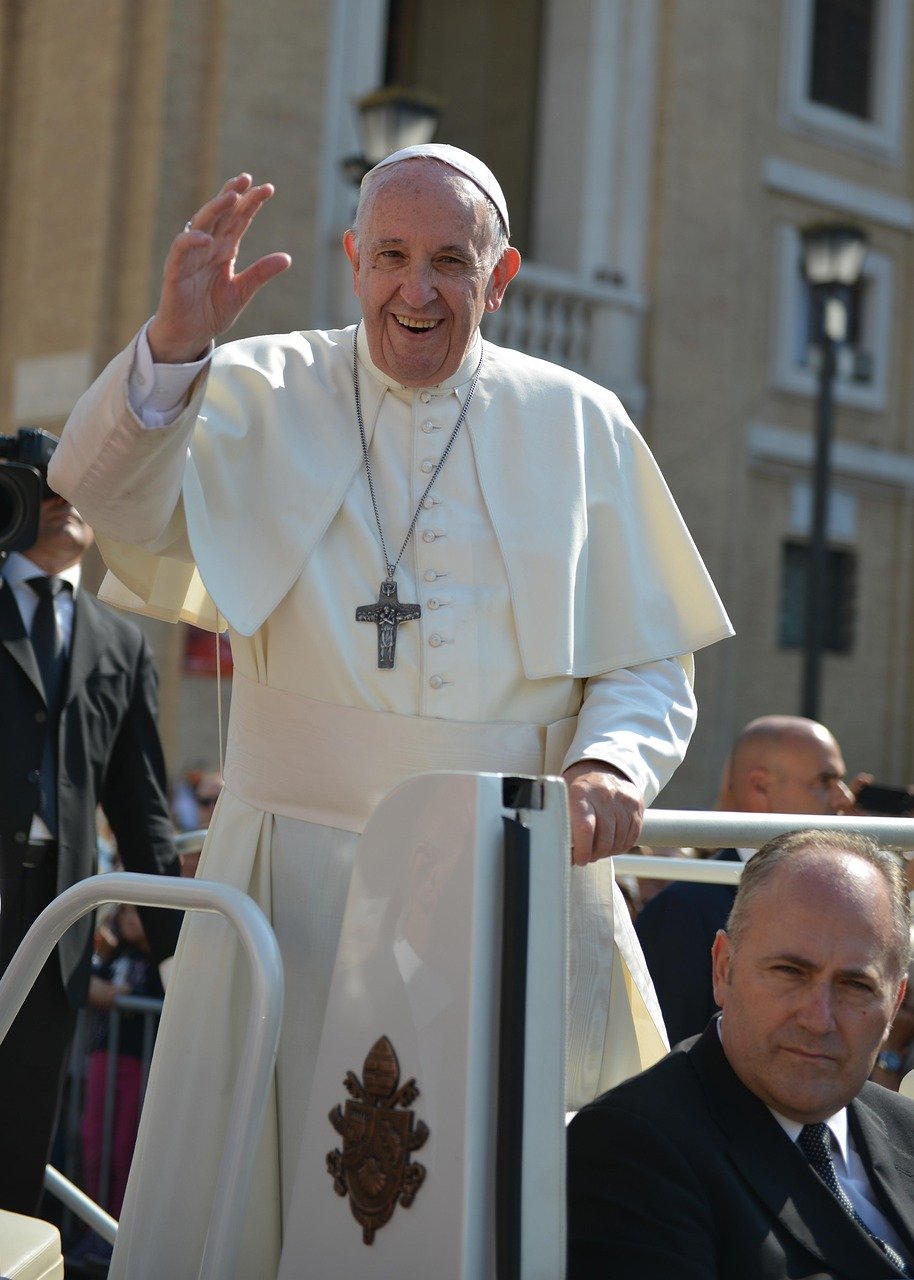The world mourns the loss of Pope Francis, the first Latin American pontiff, who passed away at 88 on Easter Monday. Known for his humility and dedication to social justice, his death marks the end of a transformative 12-year papacy.
A Life of Service
Born Jorge Mario Bergoglio in Argentina, Pope Francis made history as the first Jesuit pope and the first from the Americas. Leading 1.4 billion Catholics, he focused on compassion, poverty, and reforming the Church. Despite health struggles—including pneumonia, surgeries, and mobility issues—he continued his duties until his final days.
Final Days and Health Struggles
In February 2025, he was hospitalized for bronchitis, later diagnosed with severe pneumonia. Though he recovered briefly and even greeted crowds on Easter Sunday, his health declined rapidly. His last public appearance was a hopeful thumbs-up from the hospital balcony in March.
Breaking Traditions Even in Death
True to his modest nature, Pope Francis chose a simple burial—rejecting the traditional three coffins for a single wooden one. He will be laid to rest in Rome’s Santa Maria Maggiore Basilica, not St. Peter’s, a rare choice in over a century.
A Controversial Yet Compassionate Legacy
His papacy was marked by bold reforms:
- Allowing blessings for same-sex couples (case-by-case)
- Appointing women to Vatican leadership roles
- Advocating for migrants and the environment
- Addressing clergy abuse scandals
While conservatives criticized his progressive moves, others felt he didn’t go far enough. Yet, his impact was undeniable—streamlining Vatican operations, creating new saints, and hosting global discussions on Church reforms.
The World Remembers a Humble Leader
Pope Francis reshaped the Catholic Church with his open, pastoral approach. His death leaves a profound void, but his vision of a more inclusive, compassionate faith endures.


















